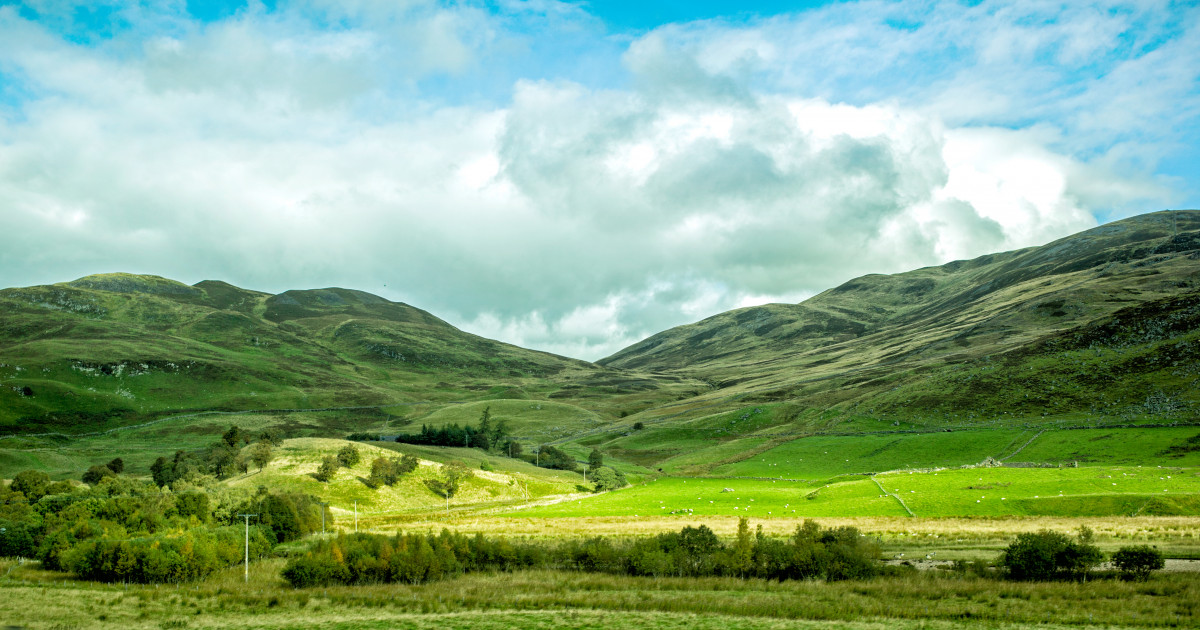Land Reform Bill must correct vast historic wrong

The Scottish Government's Land Reform Bill must advance efforts to overturn Scotland's vastly unequal historic land ownership and allow more of our land to be managed in a way that delivers for people and planet, say the Scottish Greens.
With the Bill set to be debated for the first time at Stage One today, Scottish Green MSP Ariane Burgess has urged the government to work with her and community campaigners to ensure it is as robust as possible.
Ms Burgess is calling for meaningful powers to break up the big estates and empower communities to buy and transform the land around them. The Highlands and Islands MSP is also seeking changes that will ensure large estates are managed for the public’s benefit, including tackling the climate crisis.
The Bill, which began as a result of the Bute House Agreement that brought the Greens into government, is meant to ensure large landowners are legally required to produce land management plans, and engage with local communities over how it is used, including on vital issues like restoring nature, and reducing the impacts of climate change.
With half of Scotland's land owned by less than 1% of people, our land distribution is some of the most unequal in Europe.
Ms Burgess said:
“Land is power, and this Bill has the potential to be a huge step forward for rural communities and in addressing the historic wrongs that continue to block the fairer distribution of Scotland’s land today.
“Our country should belong to all of us. We need to ensure that landowners are using their land in ways that benefit our communities, our nature and our environment.
“At its heart, land reform is about challenging power and empowering our communities. From our cities to our countryside and from our hills to our iconic rivers and our beautiful coastlines, huge swathes of Scotland are owned by a very small number of extremely wealthy people.
“It is over 20 years since Scotland introduced community right to buy laws, but one of the biggest barriers to community ownership is the complex process for communities to register their interest to buy land when it becomes available. This includes small parcels of land that could be used for self-build housing, community orchards or new community enterprises.
“That’s why it’s vital that this Bill goes much further in delivering robust powers that will allow us to break up big estates that come up for sale and to manage them for the wider public benefit.
“These kinds of changes will make community ownership a far more viable and affordable option for many communities and give them more of a stake in their future.
“By diversifying how we use our land we can tackle the impacts of climate change and nature loss and secure a thriving biodiversity and more rural jobs in Scotland.”